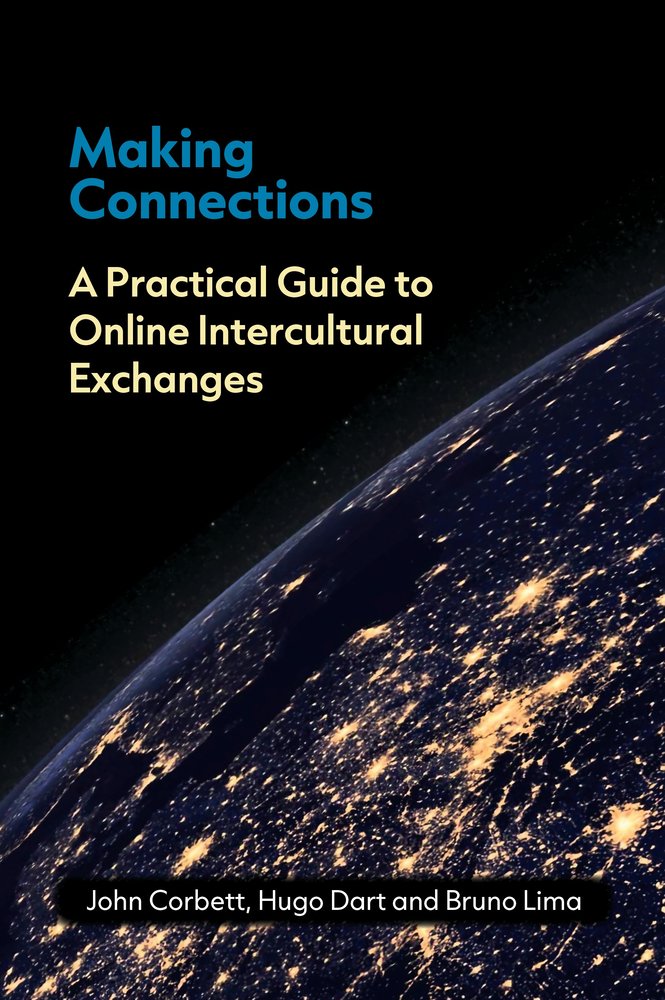Online collaboration can be a powerful means of encouraging language learners to make connections between their local community and people from other cultural backgrounds. In doing so, learners develop their language skills while exploring different attitudes, values and beliefs. The authors of this book draw on 20 years of participation in numerous online intercultural exchanges to offer teachers a down-to-earth guide to finding partners, choosing a platform and designing online exchanges. They share their experience of working with learners to ensure that deep intercultural learning occurs alongside language development. This book offers strategies for mediating conflict with partners and participants, and guidance on the assessment of linguistic and intercultural competences. It is a practical resource for language teachers, informed by the latest research on language teaching and intercultural telecollaborations and situated in the reality of classrooms around the world.


